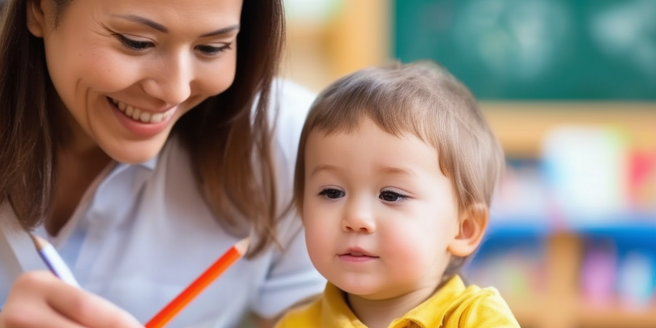
The Importance of Early Social Development
Early social development is crucial for preschoolers as it sets the foundation for future interpersonal relationships. Through positive interactions with peers, children learn essential skills such as sharing, cooperation, and conflict resolution. Additionally, engaging in group activities helps build their confidence and communication abilities. This stage of development is also important for emotional intelligence. At this stage, they start forming their sense of identity and understanding their place within a group. By fostering social development early, children are better prepared for success in both academic and personal settings. Parents and educators play a vital role in guiding and modeling appropriate social behaviors.
Creating a Supportive Environment
Creating a supportive environment is vital for nurturing social skills in preschoolers. A safe and welcoming atmosphere encourages children to express themselves and engage with others. Providing diverse opportunities for interaction, such as group activities and free play, helps children practice and refine their social skills. Additionally, recognizing and celebrating each child’s unique contributions fosters a sense of belonging and confidence. Teachers and caregivers play a crucial role in modeling positive social behaviors and guiding interactions. Structured routines and clear expectations also contribute to a stable environment where children feel secure to explore and grow.
Encouraging Cooperative Play
Cooperative play is an effective way to enhance social development in preschoolers. Through group activities and collaborative games, children learn to negotiate roles, share resources, and work towards common goals. These experiences teach important social principles like turn-taking, fairness, and empathy. By fostering these skills early on, children build a strong foundation for future social interactions. Engaging in such activities also allows children to build their communication skills. Educators and parents can facilitate cooperative play by organizing group projects, encouraging teamwork, and providing materials that require joint effort. Observing and guiding interactions during cooperative play helps reinforce positive social behaviors and addresses any conflicts constructively.
Teaching Empathy and Emotional Understanding
Teaching empathy and emotional understanding is essential in developing well-rounded social skills in preschoolers. Activities that encourage children to identify and discuss their own and others’ emotions build emotional literacy. Additionally, fostering a sense of community within the preschool environment can reinforce these skills. It’s important to create a supportive space where children feel safe to express their feelings. Role-playing scenarios and reading stories that highlight empathy can also be effective. Encouraging children to consider others’ feelings and perspectives helps them form compassionate and respectful relationships. Adults can model empathetic behavior and provide guidance during emotionally charged situations to help children navigate their emotions constructively.
Developing Communication Skills
Developing communication skills is a cornerstone of social interaction for preschoolers. Open-ended questions, active listening, and encouraging verbal expression all contribute to better communication abilities. Activities like storytelling, singing, and group discussions foster language development and help children articulate their thoughts clearly. Creating an environment where children feel heard and respected enhances their confidence in expressing themselves. These early experiences lay the groundwork for future social success. By integrating these practices into daily routines, caregivers can significantly improve a child’s communicative competence. Practicing both verbal and non-verbal communication techniques enables children to convey their needs and understand others effectively.
Building Confidence Through Positive Reinforcement
Building confidence through positive reinforcement is key to fostering social skills in preschoolers. Acknowledging and praising children’s efforts and achievements, no matter how small, boosts their self-esteem. Positive reinforcement encourages children to engage more with peers and take on new challenges. It’s important to provide specific feedback that highlights the positive behavior, rather than just general praise. For example, saying “I noticed how you shared your toys today” can be more impactful than just saying “good job.” Consistent and genuine affirmation helps children feel valued and confident, laying a strong foundation for healthy social interactions.
